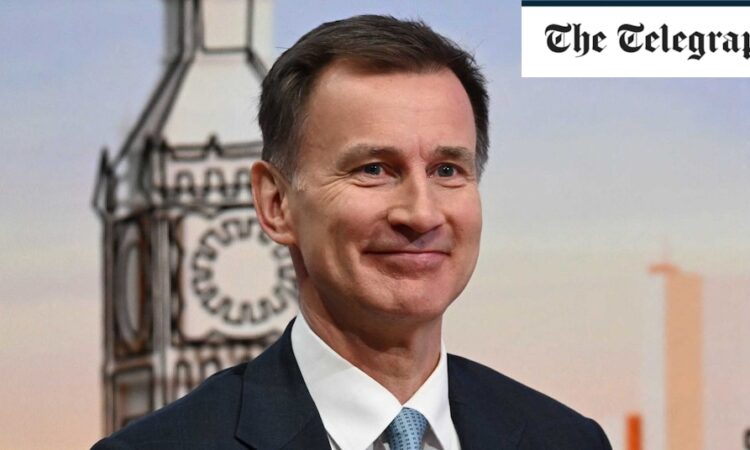
The UK is not the only G7 country living beyond its means, overwhelmed by a cacophony of competing grievances. France has the virus, and America’s untouchable entitlements are ruinous.
But it is the only one that combines a “negative public sector net worth” near 25pc of GDP (minus £614bn in 2022/2023), with a net international investment position of minus 35pc, and a current account deficit stuck near 2.5pc. For all its woes, Italy is positive on all three counts.
Could we end up like Argentina, where the dam has broken and Javier Milei is trying to shut down nine ministries by scorched-earth methods? Yes, we could, if nothing is done. But the question is how you right the ship, and in this I part company entirely with the OBR-Treasury view.
We must not misread the Truss crisis. Markets will fund investment that lifts trend growth and pays for itself. They will punish borrowing for consumption.
Britain obviously needs radical reform of the benefits system. It must draw some of the 8.7 million “inactive” people of working age back into the productive economy.
But Prof Miles came close to saying that everything other than fiscal contraction is wishful thinking. “It is hard to see what government policies would reliably put the UK on a faster productivity path,” he said.
Actually, the London School of Economics has published a 56-page document – Boosting Growth and Productivity – laying out in some detail exactly how it can be achieved. This Stern II report argues that an extra 1pc of GDP in public investment each year will lever even larger amounts of private capital and set off a sustained “growth acceleration”.
Once you reach the OBR’s highly-contestable conclusion that public investment cannot lift us out of our bad equilibrium, you end up advocating slash-and-burn austerity as the only path to “fiscal headroom”. Both the Keynesian Left and the industrial Right say it was precisely this sort of thinking in the 2010s that set off a vicious cycle.
Let us be clear: the Treasury nexus does not speak with particular authority. It has a view that clashes with the conflicting view of many of the cleverest minds in global economics, as it did with Keynes in the 1920s and 1930s – and history tells us who was right. This is the Budget debate that we should be having.






